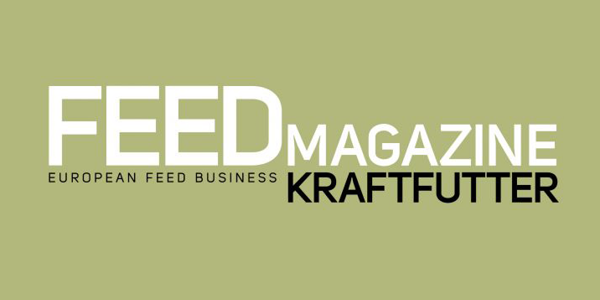
Healthy gut – healthy pig
The intestine is one of the body’s most important organs and is also known as the control centre of the immune system. As a site of digestion and absorption, the gut is a complex ecosystem containing a variety of microorganisms with different metabolic capacities. It is one of the most important factors for immunity,
as 70-80 % of the body’s immune cells are found in the gut. Promoting intestinal health therefore plays a central role in animal welfare.
A healthy gut is the key to a healthy pig. In order to give the piglet the best conditions for a successful start, it is important to support intestinal development as early as possible in a positive way – preferably even before birth through the mother sow’s diet. Promoting early feed intake also has a positive influence on the development of the intestinal microbiome and the intestinal barrier. Promoting intestinal health plays a major role in long-term success. What is neglected at piglet age cannot be made up for later in fattening or breeding. This can only be achieved through needs-based feeding and maximising the earliest possible feed intake, as this makes a decisive contribution to animal welfare and therefore to success in pig breeding and fattening.